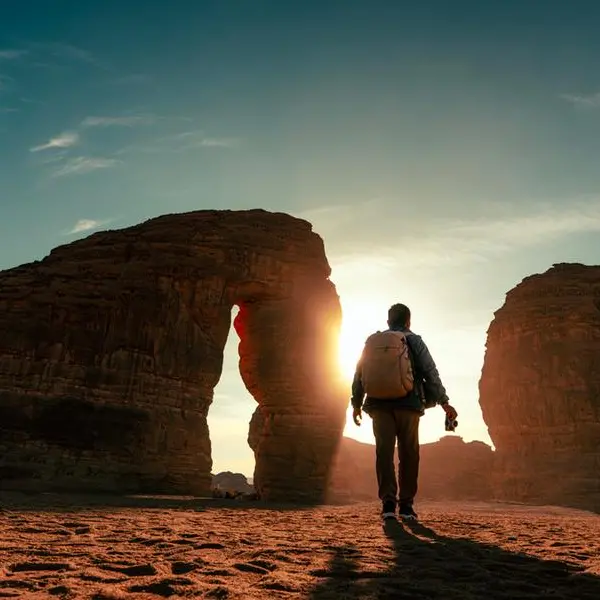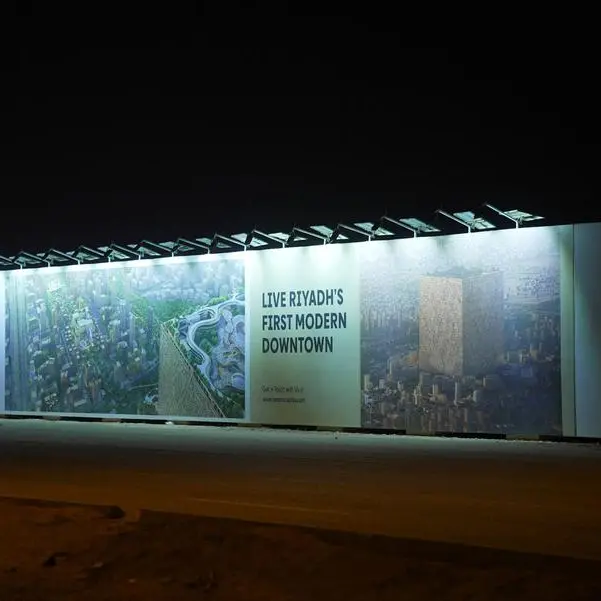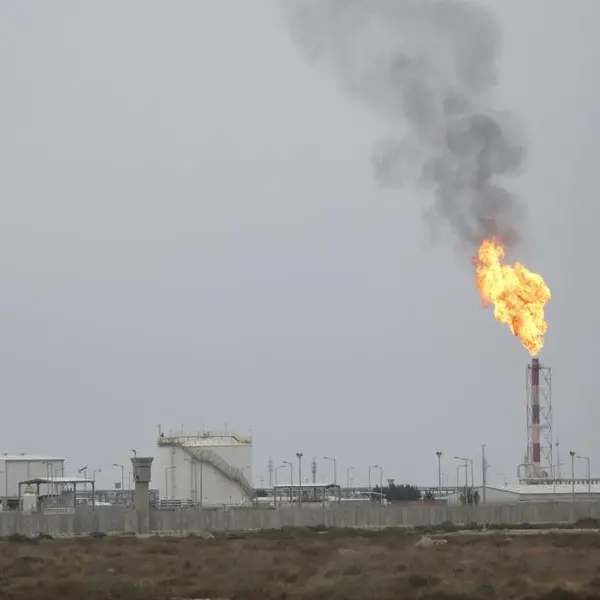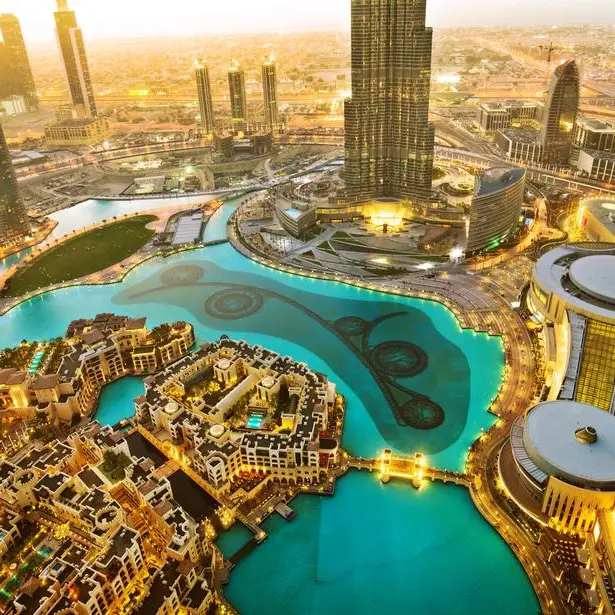With the liberation on July 26 of Samir Geagea, leader of the Lebanese Forces, after 11 years and two months of imprisonment under very harsh conditions at the Defense Ministry in Yarz, can it be said that the page of war has been turned for good? Can Lebanon hope to reach a period of relief and a new beginning towards a better future? Several stages successively led to the liberation of Lebanon, and with it that of the "Hakim" (doctor)
His release from prison is a continuation of the "movement of March 14", the withdrawal of Syrian troops from Lebanon on April 26 and Michel Aoun's in early May after 15 years of forced exile in France.
The only "warlord" to suffer this fate, Dr. Geagea was imprisoned by virtue of a political decision, as he was also released by virtue of another. His detention was due to the fact that he had "dared" to speak about a possible federal structure for Lebanon, of a consensual democracy, pluralism, freedom of expression and other concepts and values to which the "deciders" seemed to have taken exception. Their sole concern was to bring the land of the cedars firmly under their domination.
Geagea emerged from his 6m2 underground cell, having lost weight but still firm, determined and more committed than ever to his deep convictions.
In his first address-message to the nation, he spoke of dialogue, the Lebanon of the future, openness, and a vision of the Other far removed from the prejudices of the war. Let us hope that a real dialogue will be established between all the spiritual and socio-cultural families of the country so that it can be set on the path of rebirth.
On Tuesday, July 25, 2005, at 9 a.m., the time had come for Samir Geagea to return to a free and decent life in the full light of day. LF MP Georges Adwan explained that not one but several convoys had left the Defense Ministry for the airport escorted by the Military Intervention Brigade, and that Geagea would be in one of them. No one was able to say where Geagea had spent the previous night, or what he had been doing following the signing of his amnesty decree and its publication in the Official Gazette. All this, we were told, was for security reasons.
None of this was important. What mattered was that he was now free and more determined than ever to regain his place in the nation's political life.
Adwan, who was the most active in the past few weeks in planning everything, affirmed that the LF leader insisted on remaining at Yarz until all the formalities of his release and travel abroad (passport, visas, etc...) were finalized according to the legal norms. "He wanted his release to set an example for everyone."
Moving meeting with LF cadres
Samir Geagea, 53 years old, wanted his first contact as a free man to be with his supporters, and more exactly with the leaders of the Lebanese Forces student organizations.
He remembered everyone with whom he had worked before his arrest in 1994.
But the most touching moment was his meeting with the leaders of the student cells, which grouped hundreds of young school or university students who had never known their leader except through pictures and his actions and his political discourse, which was made known to them by his wife, Setrida, who had for many years been his loyal advocate.
Daniel Spiro, head of LF student section, summarized the intensity of the moment: "No words can express the deep feeling we felt when we met the leader for the first time. We believed in his principles and were influenced by the sacrifices he made, and we had committed ourselves to him, but without ever knowing him personally. He read the importance of the moment in our eyes. We transmitted to him the greetings of thousands of young people and we're waiting for his return from abroad to continue on the path under his leadership, to build the new Lebanon, the Lebanon of dignity and openness. We have just experienced a moment for which we dreamt so long."
A founding speech
Meanwhile, high-ranking personalities in the religious, political and media spheres, officially invited to meet him at the airport before he left for his trip abroad for a few weeks, were arriving. Around 350 invitations had been sent.
Thousands of Lebanese from all regions and confessions had their eyes fixed on their TVs in order to watch and listen to the "Hakim's" first speech at 11 o'clock.
He entered the VIP lounge in the company of Setrida, his life's companion, amid thunderous applause and shouts of "Hakim! Hakim!" It was a historic moment of great emotions.
He was thinner than he once was, and pale, but he still had a firm and assured look, his eyes shining with the same determination.
He seemed calm, relaxed, smiling, and sure of himself when he started his speech. People were surprised to hear him express himself with the same tone and voice he had always been known for, the same gestures of the hand that characterized him and attract people's attention and interest.
What force of character, national convictions and faith does this man possess to have been able to endure despite his inhuman detention conditions?
Before starting his speech, he asked everyone to shut off their mobile phones and made sure everything was ready to start.
The 'big' prison and the 'small'
He said: "Dear Lebanese, you have come out of the big prison in which you were immured, and it was thus that you helped me emerge from the small prison in which I was held.
"These long, very long and dark years were almost the undoing of the nation. The difficulties started with the assassination of the President-martyr Ren Mouawad and the attempt to disrupt the Taef Agreement, continuing with the assassination of Rafik Hariri, and the series went on...
"They understood from the beginning that Lebanon could not be reborn from the ashes without the cooperation of the two components of its society. That was why they tried assiduously to undermine and even uproot one of those components. They focused on the patriots, imprisoning them or forcing them into exile, subjecting them to oppression, repression and torture...
"Nor did they spare those who were devoting themselves to reconstructing the homeland and giving new impetus to its life. They multiplied obstacles and impediments to hamper their action... and thus the cost of reconstruction was increased tenfold. The Lebanese must now bear the weight of a debt of a size unprecedented in Lebanon's history."
He then gave us a message of hope: "The events have proved that right and justice always prevail over injustice and wrong. It has also been proved that if the people show a will to live, then destiny cannot but respond to this wish, and this is what has happened. Destiny offers opportunities; it can accomplish nothing without us. We should show our determination and seize opportunities when they appear."
Harsh conditions of detentions
Dr. Geagea spoke of the conditions of his detention in these terms: "I spent a bit more than eleven years in a very narrow cell, underground, completely cut from the external world, in a condition of total isolation. Even during the daily walk, I was alone.
"But in reality, I was never been alone, because all of you were always with me.
"The conditions of my detention were hard, very hard, but this didn't prevent me from experiencing a feeling of interior quietude, since I was myself in a way that was not artificial but authentic. I lived my own convictions in an area of six square meters rather than living the convictions of another, even if one can roam over the whole area of the globe... During all these years I did not feel I was a prisoner for my soul remained free. The real prisoner is one who, stone by stone, builds his own Alcatraz... who has to align his steps with those of others, by covetousness, by desire, for a position, an emolument, or to avoid oppression, imprisonment... The only thing that I regret is the fear, the suffering felt because of my imprisonment by my wife, my parents, my close relatives, my friends, preferring to be a prisoner and free underground rather than being free and far from my surroundings...".
He paid tribute to his LF comrades, in Lebanon or abroad, and deplored the oppression and physical abuse to which they had been subjected "by Lebanese hands, even if the decision was non-Lebanese."
He also tribute "to the Muslim and Christian Lebanese for their silent resistance during all these years in the face of the attempts to empty Lebanon of its historic, national, intellectual, economic and even demographic content..."
Thanks to all
The "Hakim" addressed words of thanks "to all those who contributed in a direct or indirect way to restoring my freedom. I cannot cite them all, but let me particularly name the Maronite patriarch, Mar Nasrallah Sfeir, and his episcopal colleagues of the Church, who from the beginning never ceased to raise the standard of our cause; our allies of the Progressive Socialist Party and its leader, Mr. Walid Jumblatt; the Future Current of Sheikh Saad Hariri; the members of the Kornet Shahwan Grouping, the Free Patriotic Current and General Michel Aoun, the Parliament, its presiding officer and its members... I would also like to pay tribute to the hundreds of thousands of Lebanese who made of March 14 a march initiated by the people to obtain freedom, dignity and justice." He paid a moving homage to his mother, his father and his "well-beloved" Setrida, his wife, for the ordeals endured over all the years.
Message for the future
Dr. Geagea concluded: "Lebanese, the dark years are behind you, if God will, and the white years are ahead. We will not pay twice the price of our freedom and our independence. If we want to want to build a better future for the rising generations, we must all work together in a spirit totally different from the one that characterized the years of war. In order to be able to work together, we cannot look at others in the light of the prejudices we held of them during the tragic events [of the war]. The war had its own logic which is no longer either valid or acceptable today. Let us look towards the future; let us join our efforts to restore hope to our young people... Long live Lebanon."
A humanist message turned towards the future
Dr. Geagea's address-message was many times interrupted by enthusiastic applause. It was very favorably received by all the personalities present at the airport, and will now be closely analyzed and dissected since it constitutes a first document of dialogue for the future for the components of Lebanese society. It bears the imprint of humanism, of philosophical reflection and a new vision of the future
.
"It is a hymn of liberty," affirmed Mgr. Beshara Ra, bishop of Jbeil, "a vision for the future and an opening for dialogue."
The hands of the clock do not move backwards
For Melhem Karam, president of the Journalists' Association, "the discourse of Samir Geagea is more important than his exit from prison. He prepared it in prison in order to present it to the Lebanese people with a great responsibility worthy of a leader of his caliber. What he has said in his message constitutes a basis for coherent political and national action."
For former President Amin Gemayel, "Geagea's liberation constitutes an essential step towards the future that will be followed by many others... The road is long and the experiences lived will serve as lessons for us... Young people are waiting for clear replies to many questions. History will not forgive them if these replies are not given. Geagea's humanist address prepares the future."
For MP Gebran Tueni, "the present phase is very important and very sensitive. There are stages more difficult still before us, but the 'Hakim' has just said, 'the hands of the clock do not go backwards'. The unity of the Lebanese is the guarantee for the protection of the country and the preservation of its future."
Dr. Geagea and Setrida received the guests individually, with a word for each. His wife, herself an MP, presented to him the new parliamentarians whom he did not know. He was smiling and relaxed, despite the suffocating heat due to the presence of the large numbers of people who had come to greet him. On television we viewed his father in hospital and his mother, following his speech with great emotion. At 11 a.m. the bells of the churches of Bsherri, his native town, began to peal, and the people went wild with joy.
Among those following the speech on TV was Patriarch Nasrallah Sfeir, watching from his summer residence in Diman, North Lebanon. He had delegated Mgr. Boulos Matar, archbishop of Beirut, to represent him at the ceremony.
At 4:30 p.m., Samir Geagea and Setrida enplaned for Paris on an Air France jetliner. Hundreds of LF supporters wanted to meet him at Roissy airport on his arrival, but for security reasons he and his wife were taken directly from the plane to their residence. The next day he was admitted to a military hospital for tests.
We have a rendez-vous with the "Hakim" in a month or two, for a new page in the history of Lebanon.
© Monday Morning 2005




















